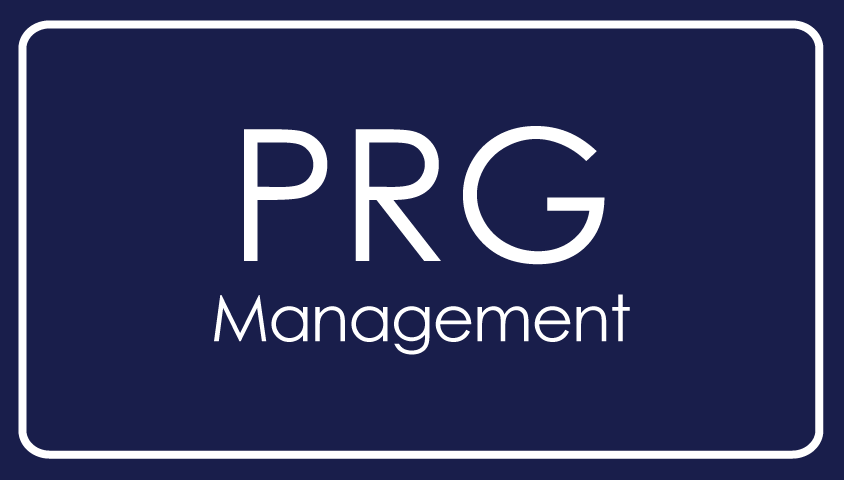The Illinois Receivership Act: what you need to know
The Illinois Receivership Act was recently signed into law on August 1, 2025, creating a new standardized legal framework for how receivers are appointed and operate in Illinois. For property owners, lenders, real estate professionals, and property managers, this act brings clarity to a process that previously varied widely between courtrooms and situations.
This blog explains what the Illinois Receivership Act is, why it matters, and what property stakeholders should know when the act goes into effect on January 1, 2026, giving property managers and owners several months to prepare.
What Is a Receivership?
A receivership is a court-ordered process where a neutral third party, called a receiver, is appointed to temporarily manage a property. The goal is to protect and preserve the asset when it’s at risk due to financial distress, foreclosure, or mismanagement.
Receivers step in when:
A property is in foreclosure or behind on payments.
Owners fail to maintain the building or collect rents.
Disputes between stakeholders put the property’s value at risk.
Once appointed, the receiver takes over daily operations such as collecting rent, paying expenses, making repairs, and ensuring the property doesn’t lose value. Unlike an owner or lender, the receiver acts under court supervision and in the best interests of all parties involved.
What Does the Illinois Receivership Act Do?
In short, the Illinois Receivership Act (HB0028) provides much-needed clarity on when receivers can be appointed, what powers they hold, and how they are supervised by the court. By creating consistency in law across the state, the Act reduces uncertainty for lenders and investors, while ensuring properties in distress are properly maintained and protected.
The Act streamlines receiverships statewide by setting clear standards for when a receiver can be appointed, what powers they hold, and how they must report to the court. This consistency benefits lenders, owners, and property managers alike. The main changes and takeaways of The Illinois Receivership Act include:
Uniform Rules Statewide: all courts now follow the same standards when deciding if a receiver should be appointed.
Defined Powers of Receivers: receivers can collect rents, pay expenses, make repairs, and, with court approval, lease or sell property.
Accountability Measures: receivers must file reports, account for income/expenses, and act in the best interests of all parties.
Borrowing Authority: Receivers can secure financing (receiver’s certificates) with court approval to stabilize properties.
Lien Priority Clarity: the law explains how receiver’s liens are ranked, giving lenders more predictability.
Applies to All Property Types: from commercial buildings to residential properties in distress.
Why the Illinois Receivership Act Matters
For years, Illinois courts handled receivership petitions under a confusing set of court practices and scattered, inconsistent regulations. That meant outcomes could vary widely depending on the county or, in some cases, even the judge. The new Illinois Receivership Act changes that by creating a clear, statewide framework that benefits property owners, lenders, and managers alike.
The Illinois Receivership Act:
Creates predictability for lenders and investors.
Provides transparency for property owners.
Gives property managers and receivers a clear rulebook for their duties.
Helps preserve property value, preventing distressed real estate from falling into disrepair.
For different stakeholder groups, the impact looks a little different:
Property Owners: If your property falls into receivership, understand that the receiver’s role is not to punish you but to preserve the asset under court supervision.
Lenders: The Act gives you a stronger and clearer pathway to request receivership when collateral is at risk.
Property Managers/Receivers: This law codifies best practices, ensuring accountability and expanding tools to stabilize troubled assets.
The Illinois Receivership Act creates a structured, predictable process that benefits courts, lenders, owners, and property managers alike. By setting consistent standards for receivership appointments and operations, it provides greater certainty for all parties involved.
At PRG Management, our Chicago property management team specializes in handling distressed assets, court-appointed receiverships, and managing successful property stabilizations. Do you have questions about the Illinois Receivership Act and what it means for your building? Contact PRG Management today to speak with a Chicago property management expert and discover how we can assist you under the Illinois Receivership Act.






